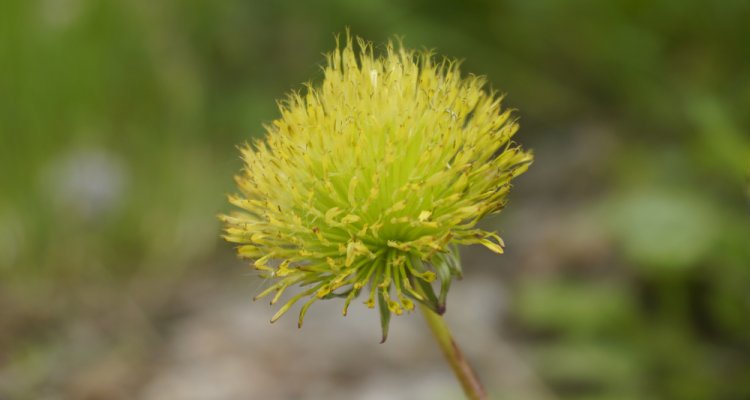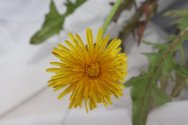
News
NWO supports WUR-research on apomixis in plants and cultivation of rice in Northwestern Europe
Two WUR application-oriented research projects on apomixis in plants and rice cultivation in Northwestern Europe are receiving financial support from the Dutch Research Council NWO. In total, NWO is honouring six projects from various universities. NWO supports these application-oriented projects with more than 5.2 million euros. The industry and other organisations are adding another amount of over 621,000 euros.
The two Wageningen projects
Apomixis unravelled: the induction of parthenogenesis in dandelion and beyond
Main applicant: Marian Bemer, chairgroup Biosystematics
Most seeds contain embryos that developed after the fusion of sperm and egg cell. However, there are also plants that reproduce asexually via apomixis, where the embryo is a clone of the mother plant. Apomixis does not naturally occur in crops, while it can be very beneficial, allowing much faster breeding and yield increase. Achieving apomixis in different crops through plant breeding requires a better understanding of the apomixis process. The researchers will therefore examine in dandelion, a natural apomict, how the PAR protein, which is essential for apomixis in dandelion, interacts with other proteins to initiate embryo development without fertilization.
Read more about WUR's research on apomixis:
Rice: a sustainable future for agriculture on peatland in NW Europe?
Main applicant: Tom Schut, chairgroup Plant Production Systems
A recent pilot experiment together with Leiden University to grow rice on peatlands triggered widespread interest and discussion among the general public and scientists about the potential of rice in Northwestern Europe. The idea is simple: rewetting peatlands for rice crops with fish may provide a viable alternative in warming climates for the current farming system while it halts land subsidence and reduces greenhouse gas emissions. This project – again in cooperation with Leiden University - aims to determine best crop management and potential rice and fish yields and assess what it’s benefits are for the environment and if rice-fish production on peatland can help to transform current farming systems.
Read more about WUR's research on rice-fish production on peatland:
The Open Technology Programme
The Open Technology Programme provides funding for application-oriented technical-scientific research that is free and unrestricted and is not hindered by disciplinary boundaries. The programme offers companies and other organisations an accessible way to participate in scientific research that is intended to lead to societal and/or scientific impact.

